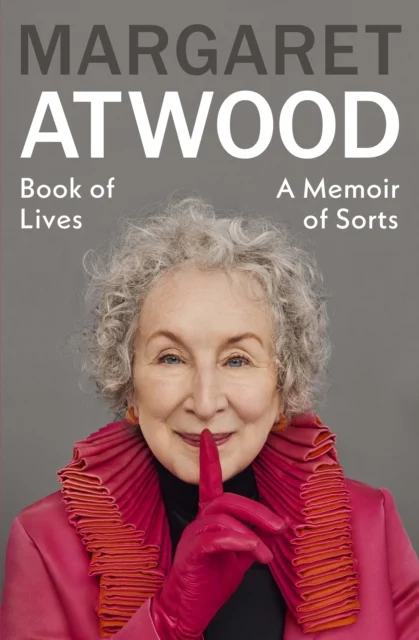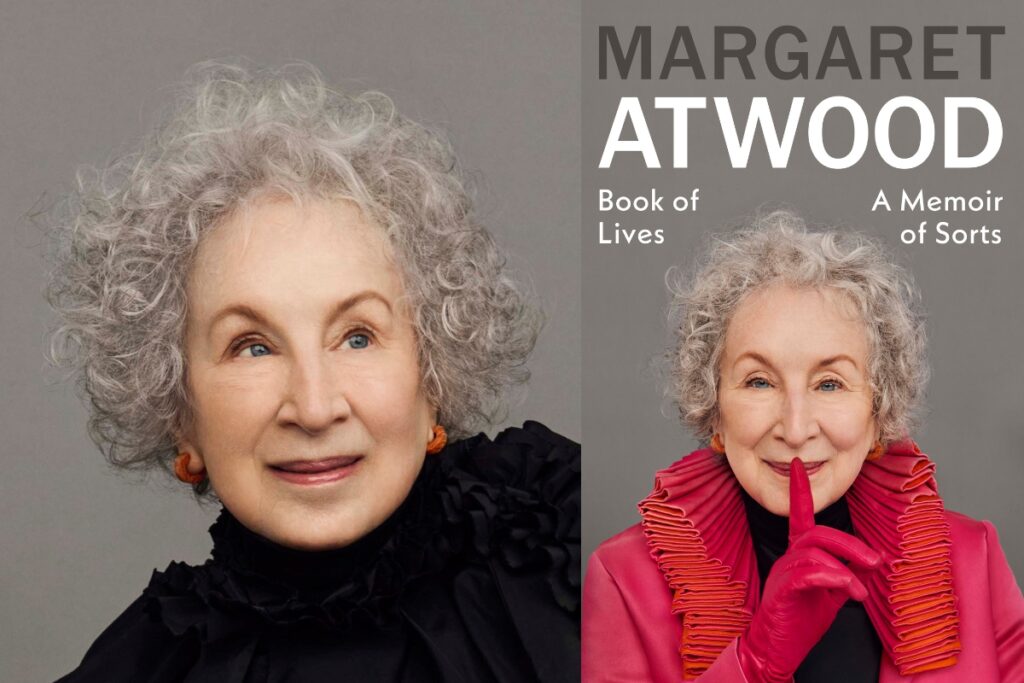Margaret Atwood invites readers into her remarkable life with her new book, Book of Lives: A Memoir of Sorts, a vivid and deeply personal memoir that traces the roots of her creativity, her unruly curiosity, and the moments that shaped one of the most influential literary careers of our time. As she explores her past, Atwood reveals more and more about her writing, the connections between real life and art, and the inner workings of one of our boldest imaginations.
Before diving into this new work, we turn to the voices of women who have found resonance in Atwood’s fiction and essays, as told during guest appearances on the Women’s Prize Bookshelfie podcast. These conversations highlight the far-reaching power of Atwood’s storytelling, demonstrating how her imagination has stirred, challenged, and emboldened readers across generations.
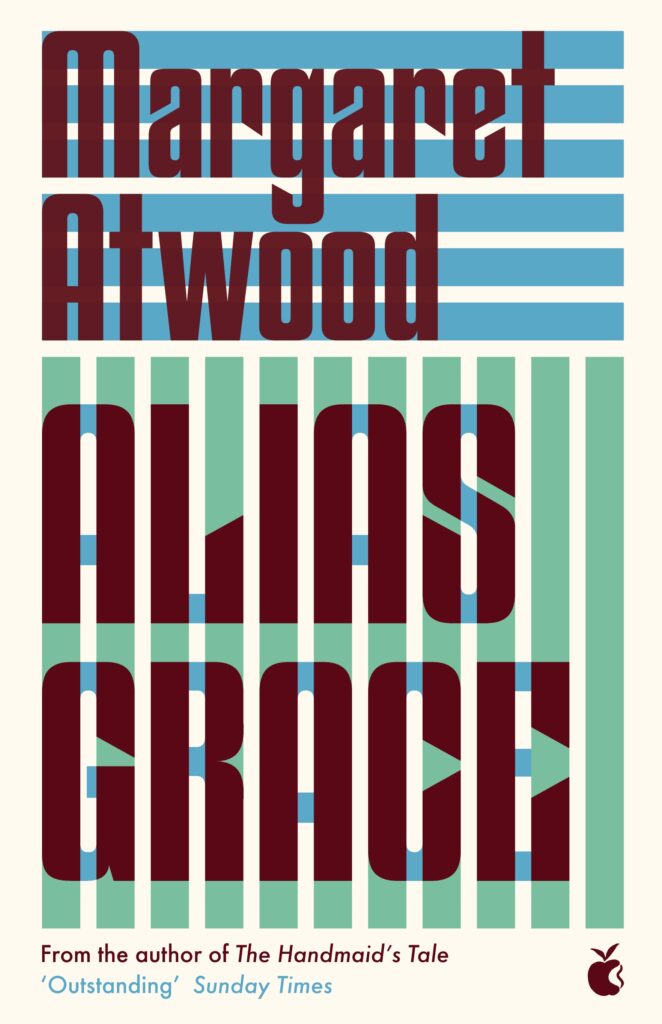
Tracy Chevalier on Alias Grace:
‘I have always admired Atwood for the breadth as well as the depth of her writing. She’s covered dystopian, satire, realist fiction as well as poetry and non-fiction. But Alias Grace surprised me – a historical novel that is a masterclass in unreliable narration and manages to maintain Atwood’s sharp, amused, world-weary modern tone without feeling anachronistic.’
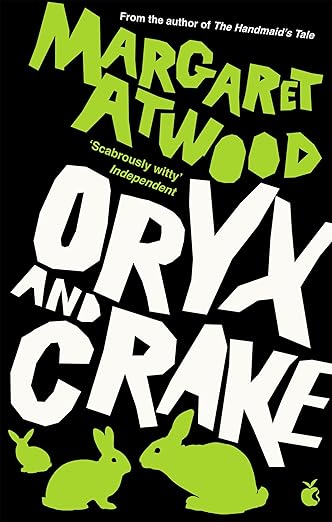
Bryony Gordon on Oryx and Crake:
‘[Margaret Atwood] sort of predicted so much of what we live in now – women are seen as sexual objects and in many ways we’ve gone backwards because of the rise of cosmetic surgery and the digital world we live in. I need to go back and read it. I think now, more than ever, it’ll feel even more true.’
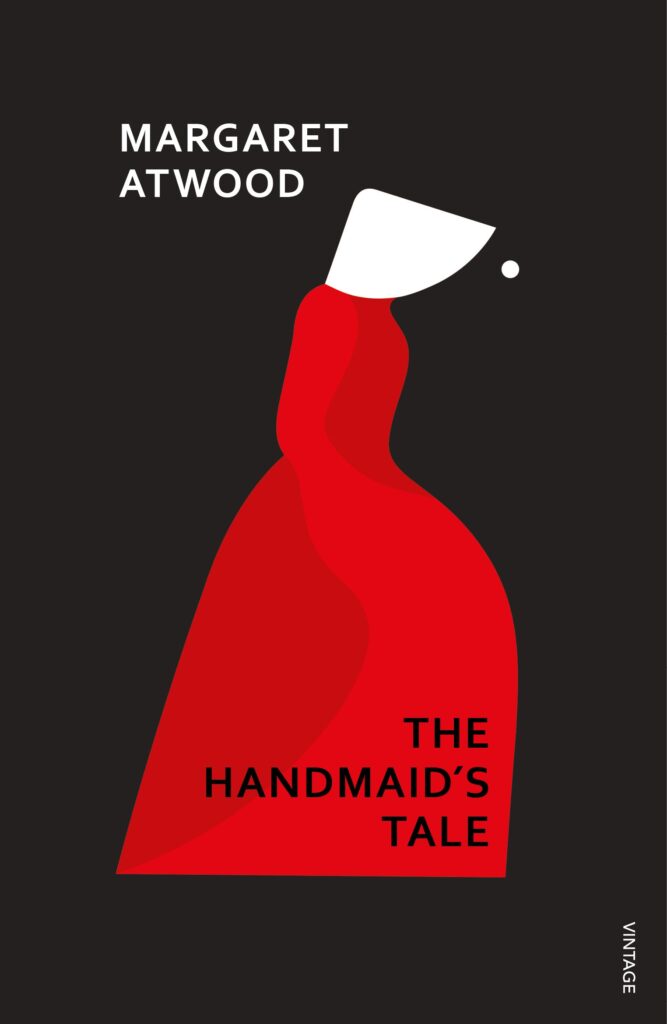
Isabel Allende on The Handmaid’s Tale:
‘This dystopian world is a possible world. Because I work with very vulnerable women and women at risk, I know that everything that happens in the book has happened before to women, or will happen, or is happening. [Atwood] is a fabulous storyteller, so you become the women in Gilead, you become the victim and for me it’s very easy to connect to that because through the foundation I know many women who are living awful lives.’

Noor Murad on Oryx and Crake:
‘It was my first discovery of science fiction books which usually I don’t gravitate towards, and I really loved Margaret Atwood’s book because she’s quite dark – some of the things she writes about are very dark and dystopian. […] It has very wild, imaginative ways of describing the world; it talks about scientific advancement and how it’s gone beyond humanity.’
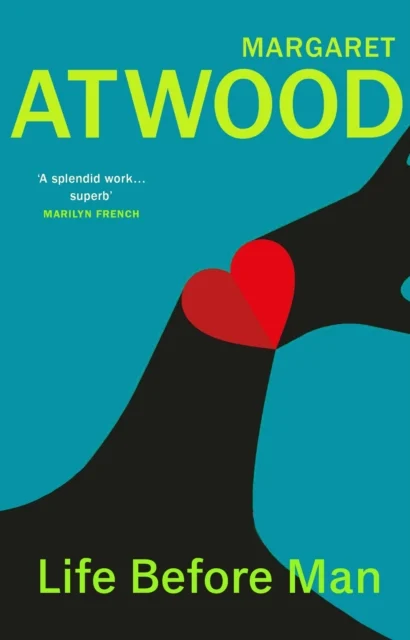
Kim Cattrall on Life Before Man:
‘I’m a big Margaret Atwood fan, who isn’t!? She was one of the first Canadian writers that I ever read. I got so involved with [Life Before Men]; it’s about fidelity. The protagonist works in the Natural History Museum, so there was something revealing for me as a reader at an early age – not just a place that I knew and a city that I knew, and I’d also been to the Natural History Museum there, so I could walk in Margaret’s world. But also the reveal of those relationships and the subtlety of it, the beauty of her writing. […] It’s a beautiful book.’
